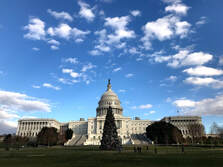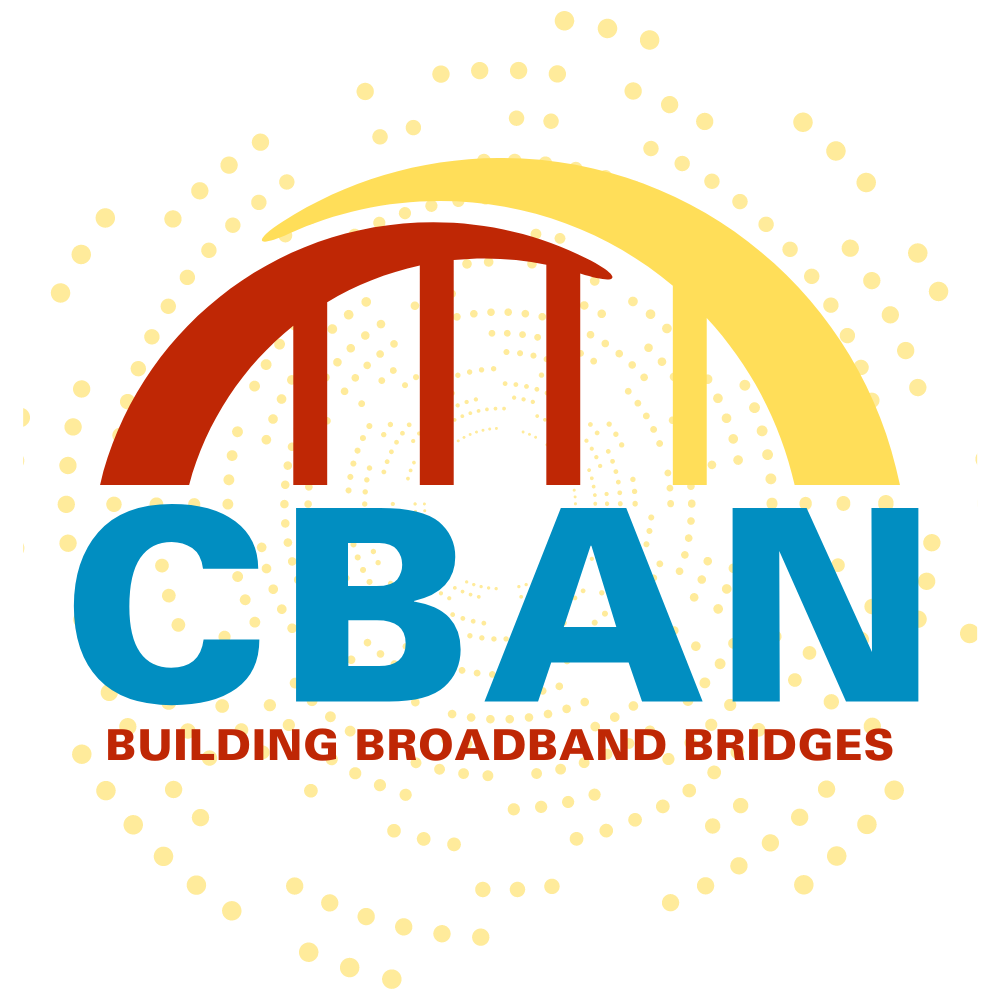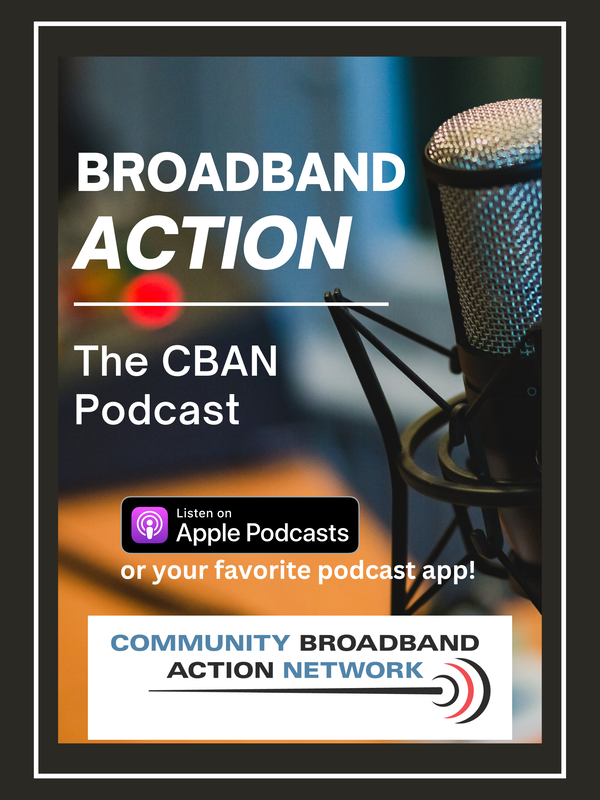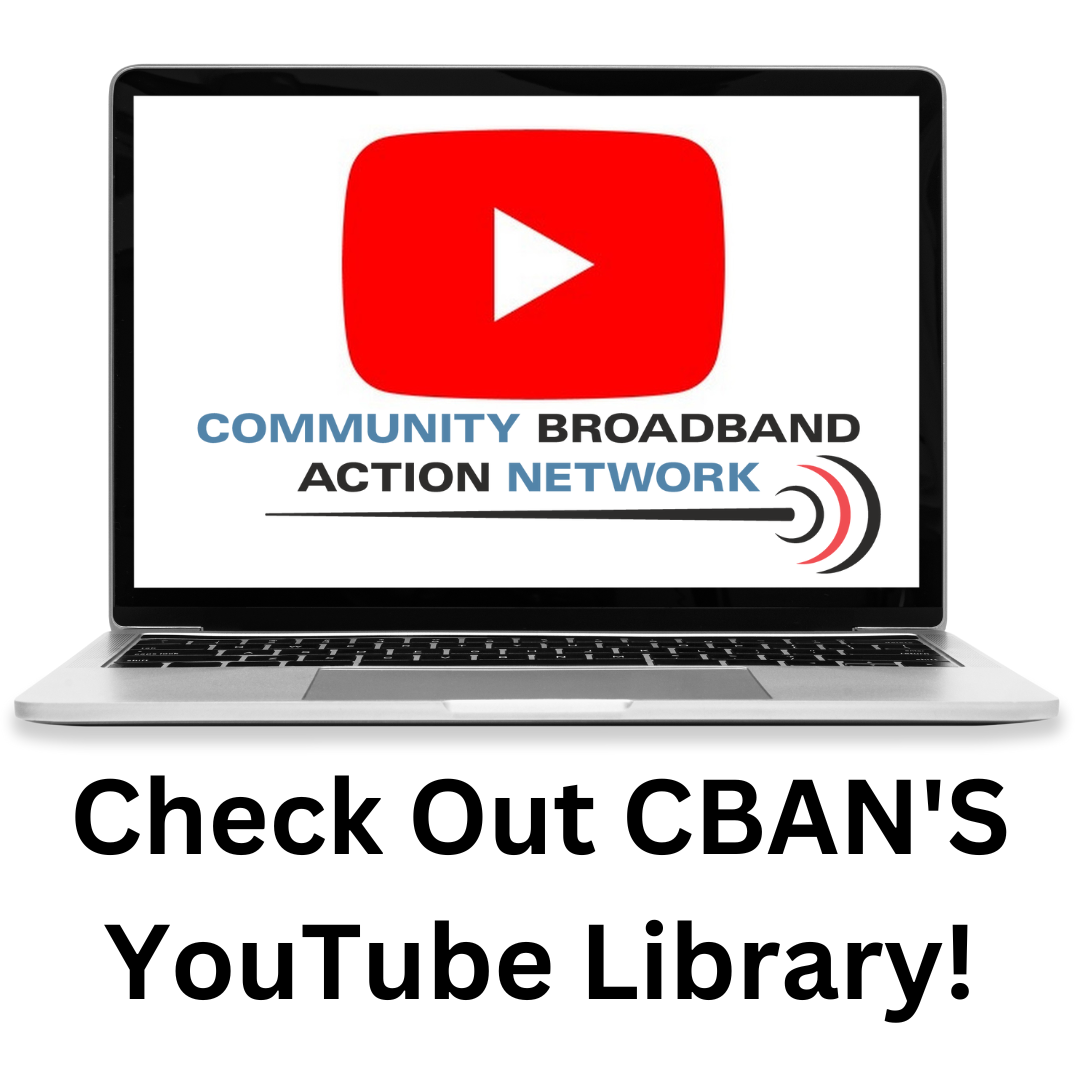 A working group of US Senators is seeking input from the general public on the future of the Universal Service Fund (USF). The group would like to hear from advocates, industry, and local communities across America to learn more about the current state of the program, as well as its future. Feedback is to be focused on the following questions: 1) How should Congress and the FCC evaluate the effectiveness of the existing USF programs in achieving universal service goals for broadband? 2) To what extent have the existing USF programs—1) High-Cost Support, 2) Low-Income Support, 3) Schools and Libraries Support, and 4) Rural Health Care Support—been effective in carrying out section 254 of the Communications Act of 1994? a) Has the FCC adequately evaluated the effectiveness of each program against concrete goals and metrics? 3) Is the FCC’s administration of the USF and its four programs sufficiently transparent and accountable? If not, what reforms are necessary and appropriate within the four existing USF programs to improve transparency, accountability, and cost-effectiveness, and does the FCC have the authority to make such reforms? 4) What reforms are necessary to address inefficiencies and waste, fraud, and abuse in each of the four programs and duplication with other government programs? 5) What additional policies beyond existing programs are necessary for the preservation and advancement of universal service? 6) Should Congress eliminate the requirement that a provider must be an “Eligible Telecommunications Carrier” to receive USF subsidies? 7) Currently, telecommunications companies must pay a contribution factor to the Universal Service Fund proportional to interstate end-user revenues. What reforms are necessary to ensure that the contribution factor is sufficient to preserve and advance universal service? a) Some have advocated for assessing USF contributions on broadband service and edge providers. What would the impact of such reforms on ratepayers and the marketplace? b) Some have advocated shifting the funding for the USF to an appropriations model. What impact would that have on the USF? 8) What actions are necessary and appropriate to improve coordination between USF programs and other programs at the Federal Communications Commission, the National Telecommunications and Information Administration, the Department of Agriculture's Rural Development, the Department of Treasury, and other federal agencies? 9) Is the USF administrator, the Universal Service Administrative Company (USAC), sufficiently accountable and transparent? Is USAC’s role in need of reform? 10) Is Congressional guidance needed to ensure future high-cost program rollouts, such as FCC's Rural Digital Opportunity Fund phase II auction, are improved? Would a thorough and upfront vetting process be more efficient for federal dollars and recipient ISPs? The deadline for comments is August 25, 2023. CLICK HERE to fill out a form and attach a PDF with your answers.
1 Comment
8/9/2023 03:55:32 pm
If the USF was functioning properly, there would not have been a need for the recent State and Federal grants to expand broadband access. USF should have organically funded enough infrastructure investment everyone in the country would have access to broadband in 2023.
Reply
Leave a Reply. |
Broadband Bytes NewsPresented by the Community Broadband Action Network and curated by Curtis Dean. Archives
July 2024
Categories
All
|




 RSS Feed
RSS Feed
